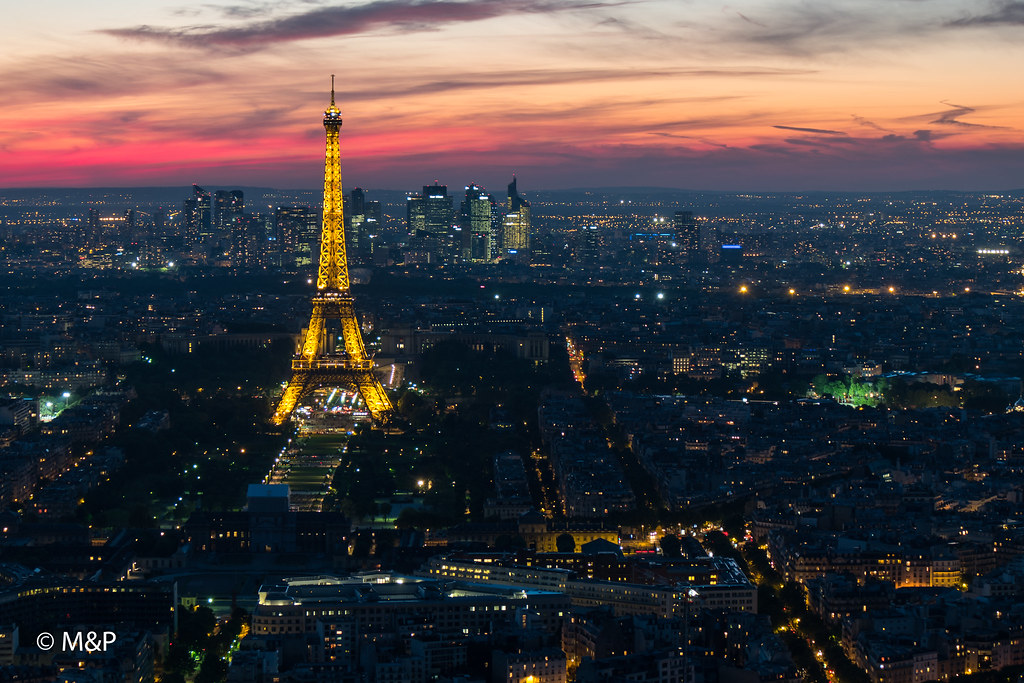Topic paris protest schedule: Discover the comprehensive Paris Protest Schedule for 2024, featuring all you need to know about upcoming events, locations, and essential tips for navigating the city safely and effectively.
Table of Content
- What is the schedule for upcoming Paris protests?
- Transportation Strikes
- Nationwide Protests
- Tips for Travelers
- Staying Safe During Protests
- Nationwide Protests
- Tips for Travelers
- YOUTUBE: Farmers Protest in France, Blocking Roads to Paris with Manure and Farm Equipment
- Staying Safe During Protests
- Tips for Travelers
- Staying Safe During Protests
- Staying Safe During Protests
- Overview of Current Protests in Paris
- Upcoming Protest Dates and Locations
- Impact of Protests on Transportation
- Advice for Travelers and Residents
- How to Stay Informed About Protests
- Safety Tips During Protests
- Understanding the Reasons Behind the Protests
- Services Affected by the Protests
- Alternatives for Transportation and Travel
- Legal Rights and Advice for Protesters
What is the schedule for upcoming Paris protests?
Based on recent Google search results and news reports, the schedule for upcoming Paris protests is not explicitly outlined. However, there have been previous protests and strikes in Paris on various dates, with tens of thousands of people participating.
It is advisable to stay updated with local news sources, social media platforms, and official announcements from protest organizers to be informed about any upcoming protests in Paris.
- Monitor news outlets for updates on planned protests in Paris.
- Check social media channels for announcements from protest organizers.
- Stay informed about any potential protest schedules through official sources.
Remember, it is important to prioritize safety and adhere to local regulations if choosing to participate in any protests or demonstrations.
READ MORE:
Transportation Strikes
Rail Services
- SNCF Train Controllers Strike: Affecting national rail services with potential disruptions.
- Intercity Trains: Operating at reduced capacity, check your train\"s status in advance.
- RER and Transilien: Mostly normal traffic, but verify your route before travel.
Airport and Airline Operations
No significant disruptions reported currently. However, past strikes have affected flight schedules. Travelers are advised to check with their airlines for the latest updates.
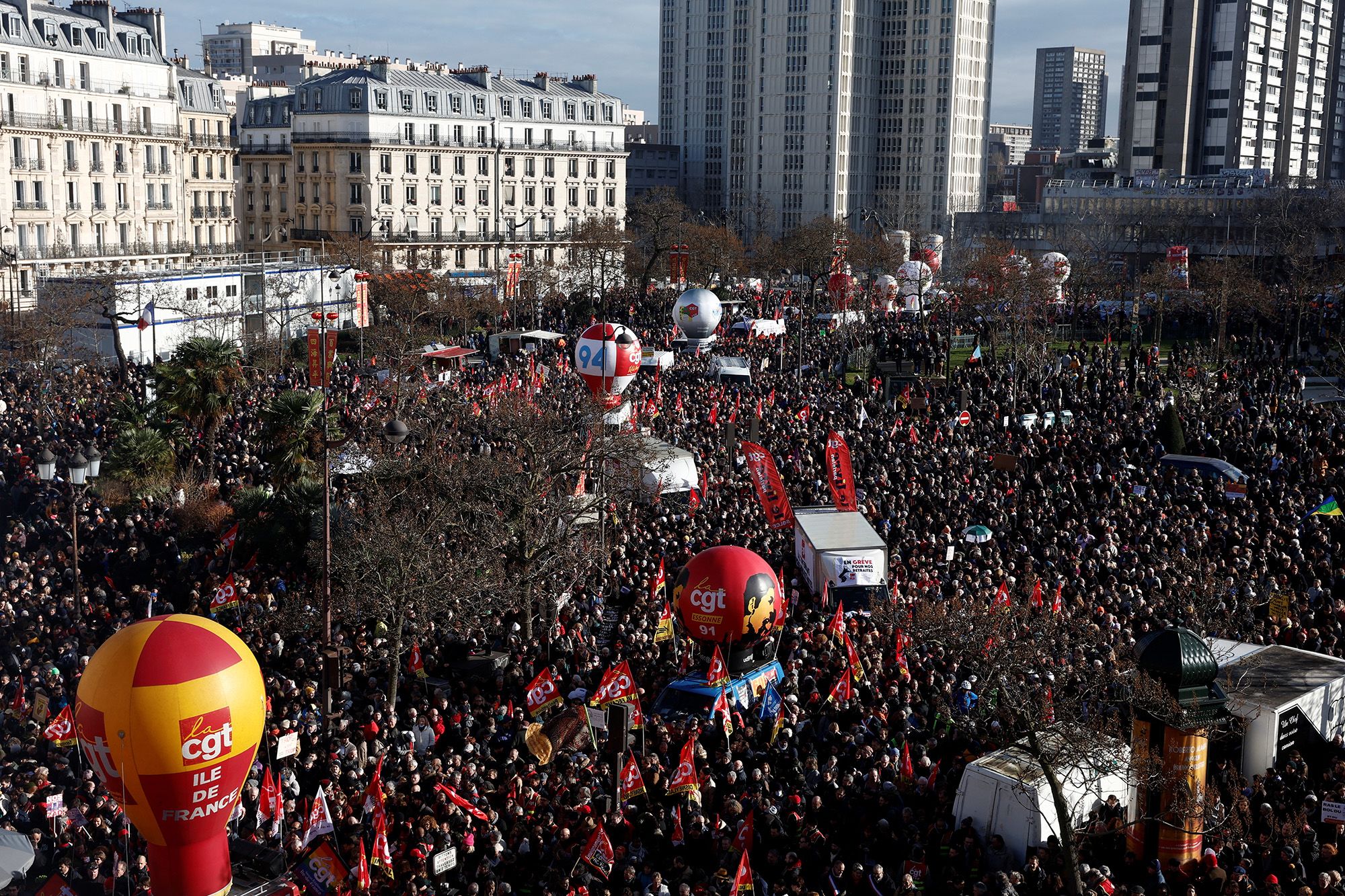
Nationwide Protests
France is experiencing a series of protests against pension reform, with Paris being a major focal point. These demonstrations can impact public transportation and access to tourist attractions.
Key Dates and Locations
- April 6: Large-scale protests expected across major cities including Paris.
- Demonstrations may lead to road closures and public transport disruptions.

Tips for Travelers
- Stay informed: Check local news and the SNCF website for updates on train services.
- Plan alternatives: Consider alternative modes of transportation if you\"re traveling on strike days.
- Expect delays: Allow extra time for travel and be prepared for last-minute schedule changes.
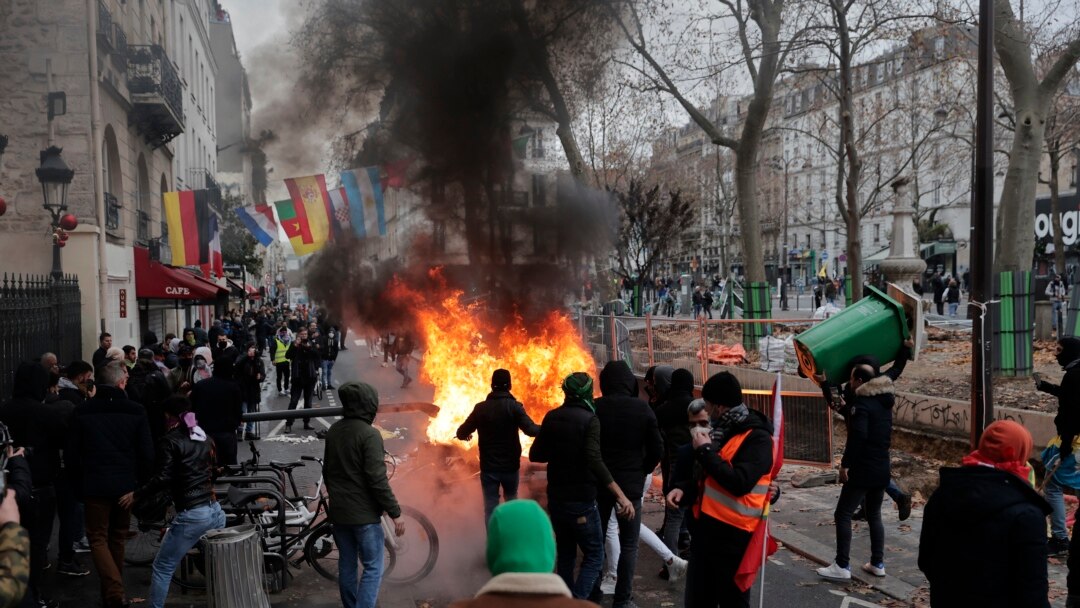
Staying Safe During Protests
While protests are generally peaceful, they can sometimes lead to clashes. Avoid demonstration areas and follow local authorities\" advice.
Emergency Contacts
- Police: 17
- Medical Emergencies: 15
- Fire Brigade: 18
For the most current information, travelers should refer to local news outlets and official transportation websites.

_HOOK_
Nationwide Protests
France is experiencing a series of protests against pension reform, with Paris being a major focal point. These demonstrations can impact public transportation and access to tourist attractions.
Key Dates and Locations
- April 6: Large-scale protests expected across major cities including Paris.
- Demonstrations may lead to road closures and public transport disruptions.
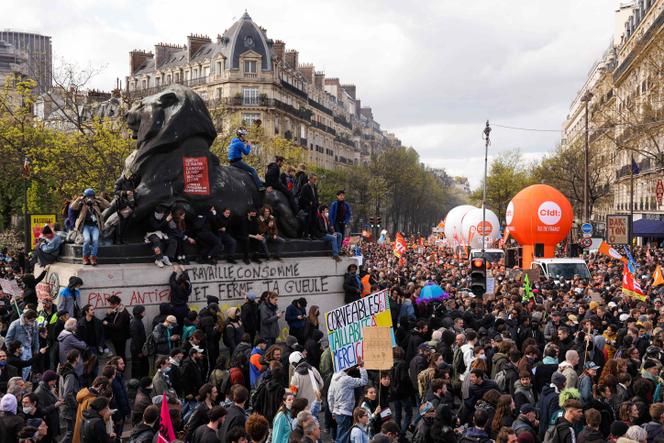
Tips for Travelers
- Stay informed: Check local news and the SNCF website for updates on train services.
- Plan alternatives: Consider alternative modes of transportation if you\"re traveling on strike days.
- Expect delays: Allow extra time for travel and be prepared for last-minute schedule changes.

Farmers Protest in France, Blocking Roads to Paris with Manure and Farm Equipment
\"Join us in shedding light on the importance of manure in the Farmers Protest! Discover how this natural fertilizer plays a crucial role in cultivating sustainable and healthy crops to support our hardworking farmers.\"
\'Twice as Determined\': Thousands Protest in Paris Against Pension Age Reform
\"Witness the power of unity as Thousands Protest against the Pension Age Reform! Explore the inspiring movement advocating for fair and just reform to safeguard the financial security of our elderly population. Join us today!\"
Staying Safe During Protests
While protests are generally peaceful, they can sometimes lead to clashes. Avoid demonstration areas and follow local authorities\" advice.
Emergency Contacts
- Police: 17
- Medical Emergencies: 15
- Fire Brigade: 18
For the most current information, travelers should refer to local news outlets and official transportation websites.
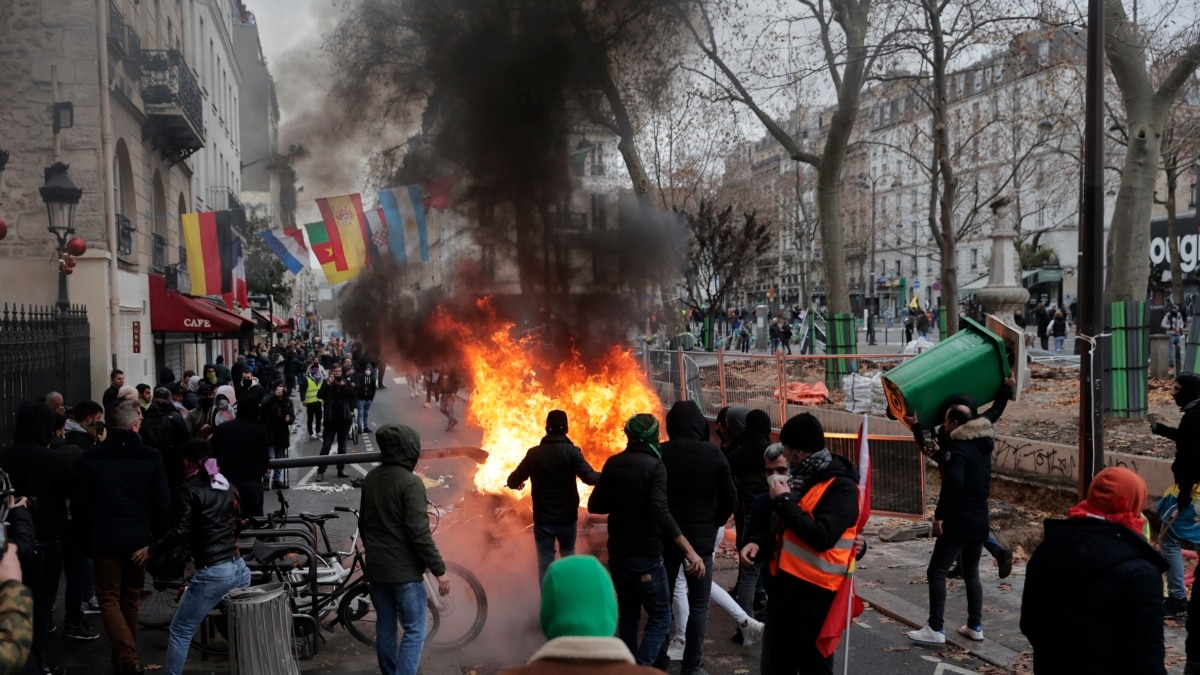
Tips for Travelers
- Stay informed: Check local news and the SNCF website for updates on train services.
- Plan alternatives: Consider alternative modes of transportation if you\"re traveling on strike days.
- Expect delays: Allow extra time for travel and be prepared for last-minute schedule changes.
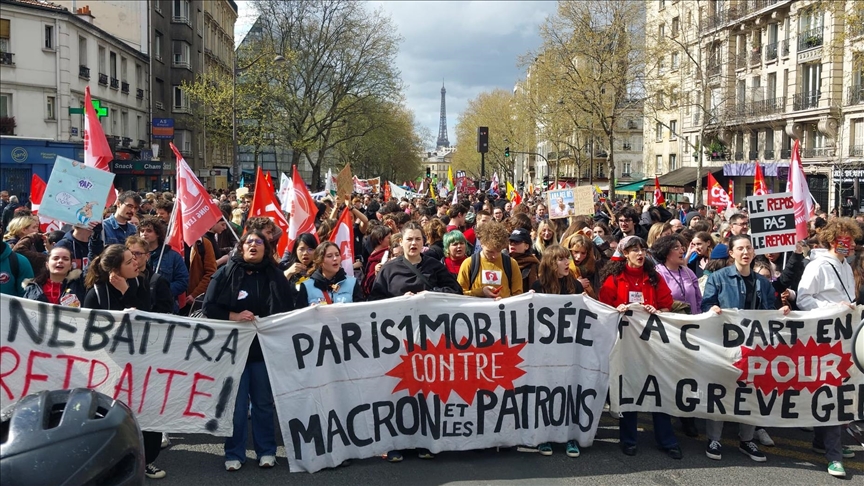
Staying Safe During Protests
While protests are generally peaceful, they can sometimes lead to clashes. Avoid demonstration areas and follow local authorities\" advice.
Emergency Contacts
- Police: 17
- Medical Emergencies: 15
- Fire Brigade: 18
For the most current information, travelers should refer to local news outlets and official transportation websites.
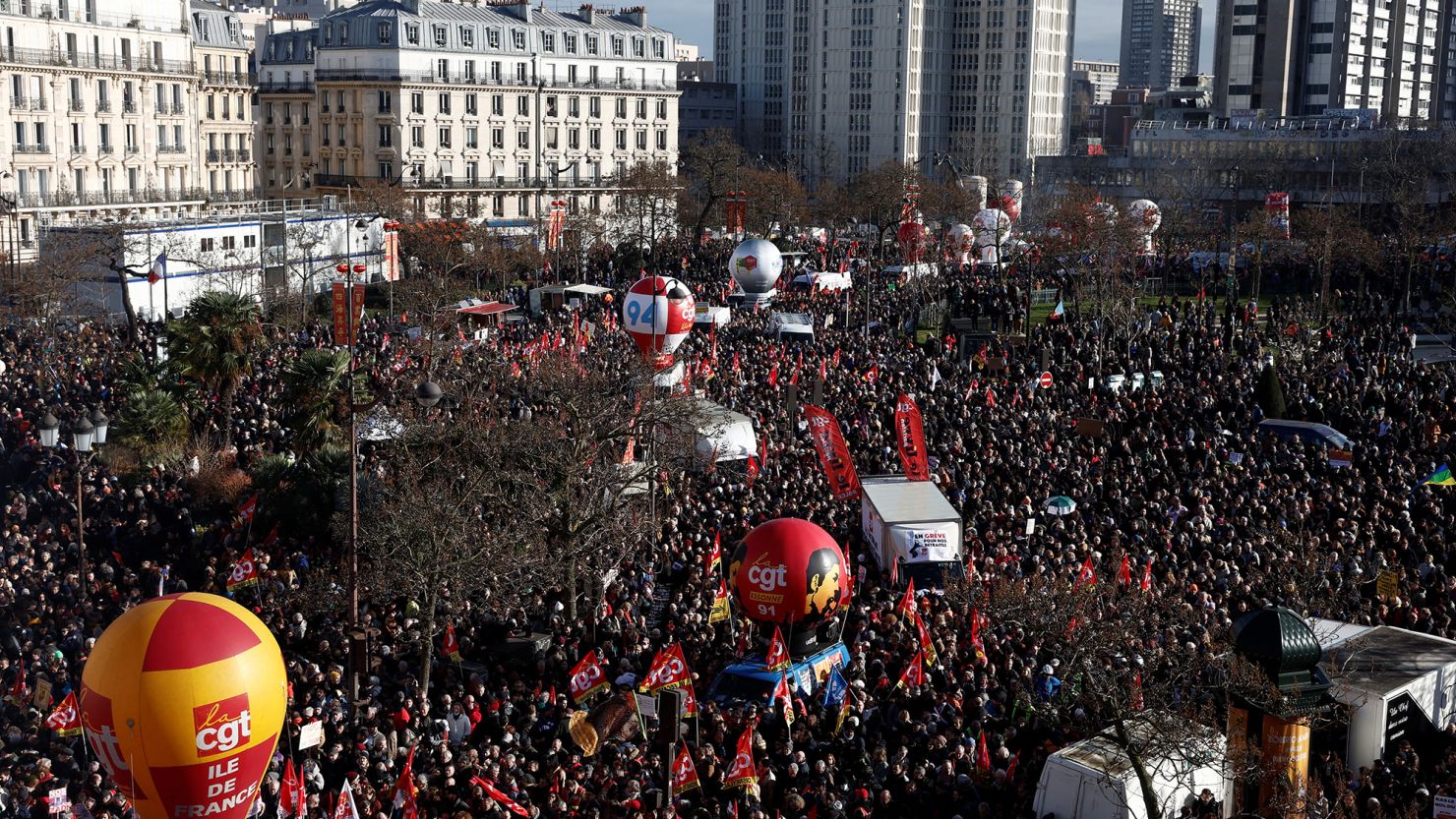
_HOOK_
Staying Safe During Protests
While protests are generally peaceful, they can sometimes lead to clashes. Avoid demonstration areas and follow local authorities\" advice.
Emergency Contacts
- Police: 17
- Medical Emergencies: 15
- Fire Brigade: 18
For the most current information, travelers should refer to local news outlets and official transportation websites.

Overview of Current Protests in Paris
Paris and other major French cities are experiencing widespread protests and strikes, primarily triggered by the government\"s pension reform plan to raise the retirement age from 62 to 64. These protests have been characterized by their spontaneity and massive turnout, affecting various sectors including transportation, garbage collection, and cultural institutions. Notably, union activists have voiced their opposition by targeting high-profile locations and disrupting public services to express their discontent with the proposed changes.
- Transportation strikes have led to disruptions in train services, including the SNCF, with varying impacts on local and long-distance travel. Some train lines maintain normal traffic, while others operate on a reduced schedule.
- Significant protests have taken place outside cultural landmarks such as the Louvre, with workers from the culture industry demonstrating against the pension reform.
- On certain protest days, there have been violent clashes between protesters and police, although the UK Foreign Office has not issued specific travel warnings related to these events.
- The protests have prompted closures of major tourist attractions, including the Eiffel Tower and the Louvre, on strike days.
- Despite the ongoing disruptions, there have been no formal travel warnings, but visitors are advised to stay informed about potential impacts on travel and local services.
The protests have seen a fluctuation in participant numbers, with union-led demonstrations seeing a decrease in turnout compared to initial stages. However, the resolve among protesters remains strong, with many expressing their intention to continue demonstrating against the pension reforms. The situation remains dynamic, with the potential for further actions and disruptions.
Upcoming Protest Dates and Locations
The vibrant city of Paris, known for its rich culture and history, is also a center for public expressions of democracy and dissent. In recent times, Paris and other major French cities have been witnessing a series of protests and strikes, often organized with little notice, primarily in response to government policies and social issues.
One of the most significant sources of unrest has been the pension reform proposed by President Emmanuel Macron, which aims to raise the retirement age from 62 to 64. This reform has sparked widespread discontent across various sectors, including transport workers, teachers, and rubbish collection services, leading to massive strikes and protests.
- Key Dates:
- Continuous actions with some major events planned for 28 April and 1 May. These dates are subject to change, and additional protests can occur with very little notice.
- A notable nationwide day of protests is scheduled for June 6, aimed at opposing the pension law reforms.
- Locations: While protests are widespread, big cities like Paris, Lyon, Marseille, and Bordeaux have been epicenters of action. In Paris, demonstrations have been prominent at key landmarks and public spaces, sometimes leading to disruptions at major transport hubs.
The protests have varied impacts on transportation, with certain strike actions leading to cancellations or delays in train services, including Eurostar and TGV, and occasional disruptions at airports due to air traffic control strikes. Long-haul flights are generally less affected than short-haul and domestic routes.
For those planning to visit Paris during this period, it is advisable to stay informed about the latest developments related to protests and strikes. Checking with travel operators regarding potential delays or cancellations is recommended, as well as being flexible with travel plans.
Visiting iconic attractions like the Eiffel Tower and the Louvre may also be affected, as these sites have experienced closures during past protests. Always verify the opening hours and any potential closures before planning a visit.
The ongoing protests are a reflection of the vibrant democratic spirit of France, as citizens engage in public discourse on significant social and economic issues. Visitors and residents alike are encouraged to stay informed and safe during these times of public expression.
Impact of Protests on Transportation
The vibrant city of Paris, frequently the site of protests and public demonstrations, experiences various impacts on its transportation systems during such events. These disruptions, while temporary, are planned with the safety and security of both participants and the general public in mind.
- Public Transit Disruptions: Protests can lead to partial or full closures of metro stations, rerouting of bus lines, and temporary halts of tram services, especially near demonstration sites. Travelers are advised to check the latest updates from RATP for real-time information.
- Rail Services: National rail services, including SNCF trains, may experience delays or cancellations. High-speed TGV lines could be affected, impacting travel to and from Paris. It\"s recommended to verify your train\"s status on the SNCF website prior to departure.
- Air Travel: Airports generally operate normally, but access roads may be congested, and public transport to and from airports could be disrupted. Travelers flying into or out of Paris during protests should consider alternative transportation options and allow extra travel time.
- Road Closures: Major protests often result in temporary road closures, particularly in central Paris and along protest routes. Motorists are encouraged to use peripheral boulevards and avoid areas known for demonstrations.
- Alternative Transportation: Bicycling and walking may be more reliable modes of transport during large protests, with the city\"s extensive network of bike lanes offering a viable alternative for short to medium distances.
While the impact of protests on transportation can pose challenges, the city\"s authorities and transportation companies work diligently to minimize disruptions and provide timely information to residents and visitors alike. For the most current transportation updates during protests, consulting official websites and social media channels is highly recommended.
Advice for Travelers and Residents
In light of the ongoing protests and demonstrations in Paris, both travelers and residents may face disruptions to their daily routines. To navigate this dynamic situation with ease, consider the following practical advice:
- Stay Informed: Keep up-to-date with local news and official announcements regarding protest schedules, affected areas, and transportation disruptions. Social media platforms and local news websites are valuable resources for real-time updates.
- Plan Ahead: If you need to travel, especially through central Paris, plan your journey in advance. Allow extra time for travel and consider alternative routes or modes of transportation to avoid protest areas.
- Check Transportation Updates: Public transportation, including buses, metros, and trains, may be affected. Regularly check the websites or apps of RATP, SNCF, and other transport operators for the latest service status.
- Avoid Protest Areas: For your safety, it\"s advisable to steer clear of areas where protests are scheduled to take place. Large gatherings can lead to unexpected situations, including delays in reaching your destination.
- Emergency Contacts: Keep a list of emergency contacts, including local emergency services, your country\"s embassy or consulate, and contacts for medical assistance. It\"s also wise to inform someone of your travel plans, especially if venturing near demonstration sites.
- Respect Local Laws and Customs: If you choose to observe or participate in protests, ensure you are aware of and respect local laws and customs. Understanding your rights and responsibilities can help avoid any legal issues.
- Travel Insurance: Verify that your travel insurance covers disruptions caused by protests, including trip cancellations or medical emergencies. It\"s better to be prepared for any eventualities.
By following these tips, travelers and residents can better navigate the challenges posed by protests, ensuring a safer and more informed experience in Paris. Always prioritize safety and stay aware of the evolving situation.
_HOOK_
How to Stay Informed About Protests
Staying informed about protests, especially in a bustling city like Paris, is crucial for both residents and visitors. The dynamic nature of such events requires accessing reliable information sources to plan daily activities and ensure safety. Here are some tips on how to stay updated:
- Local News Websites: Regularly check Parisian and French national news websites for announcements and coverage of planned protests. They often provide detailed information about the timing and locations of demonstrations.
- Social Media: Follow relevant hashtags and accounts on social media platforms like Twitter, Facebook, and Instagram. Government agencies, news outlets, and protest organizers frequently post updates in real-time.
- Government and Police Announcements: The Paris Prefecture de Police and the French Interior Ministry\"s websites and social media channels are authoritative sources for information on public gatherings and any related restrictions or safety advice.
- Transportation Services Updates: The RATP (Parisian public transport operator) and SNCF (national railway company) provide online updates about any disruptions to services due to protests. Their websites and mobile apps are invaluable for planning your travel during these times.
- Community Forums and Apps: Platforms like Nextdoor or specific mobile apps for Paris residents and visitors can offer insights and firsthand accounts from individuals in affected areas.
- Email Newsletters: Subscribe to newsletters from local news outlets and community organizations. They often send out briefings about upcoming events, including protests, and comprehensive guides on how to navigate them.
- Emergency Alert Services: Register for emergency alert services that notify you of significant unexpected events, including large-scale protests. These alerts can provide critical information to help you avoid areas of unrest.
By utilizing a combination of these resources, you can stay well-informed about protest activities in Paris. Staying updated enables you to make informed decisions about your movements and activities, ensuring your safety and minimizing inconvenience.
Safety Tips During Protests
Participating in or being near protests requires careful consideration of personal safety. Whether you\"re a resident or a visitor in Paris, staying safe during periods of public demonstration is paramount. Here are some essential safety tips to consider during protests:
- Stay Informed: Before heading out, check the news for any updates on protest locations and times. Knowledge of where and when protests are happening can help you avoid inadvertently walking into tense areas.
- Avoid Conflict Areas: If you\"re not participating in the protests, it\"s wise to steer clear of areas known for demonstrations. Alter your travel plans to bypass these locations whenever possible.
- Respect Curfews: Adhere to any curfews set by local authorities. These are put in place for the safety of everyone, including residents, travelers, and law enforcement.
- Communication Plan: Have a plan to stay in touch with family or friends, especially if you\"re part of a group. Agree on a meeting point in case you get separated, and ensure your phone is charged.
- Emergency Contacts: Keep a list of emergency contacts on you, including local emergency services and your country\"s embassy or consulate if you\"re a visitor.
- Observe and Leave: If you find yourself near a protest, observe the situation and leave if it appears to escalate. The priority should always be to avoid putting yourself in harm\"s way.
- Non-Participation: If you choose to observe a protest, do so from a safe distance. Avoid getting involved in any activities that could be misinterpreted by law enforcement or other protesters.
- Personal Belongings: Keep your belongings secure and minimal. Carry only what you need and use bags that can be securely closed and easily carried.
- Know Your Rights: If you\"re participating in a protest, familiarize yourself with your rights. Knowing what you can and cannot do can be crucial in interactions with authorities.
By following these safety tips, you can help ensure your well-being and that of others around you during protests. Remember, the situation can change rapidly, so staying informed and prepared is key to navigating these events safely.
Understanding the Reasons Behind the Protests
Protests are a form of expression used worldwide by people seeking to voice their concerns, demand change, or influence public policy. In Paris, as in many cities, protests can arise from a variety of social, economic, and political issues. Understanding the reasons behind these public demonstrations can provide insights into the broader context of societal challenges and aspirations.
- Social Justice: Calls for social justice and equality often drive people to protest. Issues such as racial inequality, gender discrimination, and the rights of marginalized communities are common themes.
- Economic Reforms: Economic policies and reforms, including changes to labor laws, pension systems, and taxation, frequently spark public demonstrations. Protesters may demand more equitable economic conditions or oppose measures they see as unfair.
- Political Representation: Citizens may protest to demand greater transparency, accountability, and representation in their government. Issues can range from corruption and misuse of power to the lack of public consultation on important decisions.
- Environmental Concerns: Increasingly, protests are motivated by environmental issues, including climate change, pollution, and the preservation of natural resources. Activists and concerned citizens rally for urgent action to address these global challenges.
- International Solidarity: Global events and issues can also prompt protests, as people gather to show solidarity with causes or communities facing crises in other parts of the world.
These demonstrations, while disruptive at times, are a testament to the vibrant democratic engagement and civic participation that characterize Paris and similar cities. They reflect the population\"s commitment to advocating for their rights, seeking improvements in their communities, and influencing the direction of their society.
Services Affected by the Protests
Protests, while an important form of public expression, can have temporary impacts on various services within the city. Understanding these effects can help residents and visitors alike plan their activities and navigate the city more effectively during times of public demonstrations.
- Public Transportation: Metro lines, buses, and tram services may experience disruptions, including delays, route changes, or temporary closures, especially in areas close to protest sites.
- Road Traffic: Road closures and diversions are common during large protests, affecting vehicular traffic and potentially leading to congestion in parts of the city not directly involved in the demonstrations.
- Emergency Services: Access to emergency services may be impacted, with increased response times in areas heavily affected by protests. It\"s crucial to report emergencies promptly and provide clear information about your location.
- Retail and Businesses: Shops, cafes, and other businesses in or near protest areas might adjust their operating hours or close temporarily as a precautionary measure.
- Government Offices: Public institutions and government offices located in areas expecting protests may have altered hours or services to ensure the safety of employees and the public.
- Tourist Attractions: Popular tourist sites close to demonstration areas might experience temporary closures or reduced visitor capacity for safety reasons.
- Healthcare Facilities: While hospitals and clinics strive to operate as normal, accessing these facilities could be more challenging during significant protests. Non-emergency appointments might be rescheduled.
Staying informed about the status of these services during protests is essential. Official websites, social media channels, and local news outlets are valuable resources for the latest updates and advisories.
Alternatives for Transportation and Travel
During protests, traditional transportation methods such as public transit may be disrupted. However, Paris offers several alternative transportation options that can help residents and visitors navigate the city more efficiently. Considering these alternatives can ensure continued mobility and access to the city\"s many attractions and services.
- Biking: Paris has an extensive network of bike lanes and a robust bike-sharing system, Vélib\", which can be a fast and flexible way to get around. Biking allows you to avoid roadblocks and traffic congestion.
- Walking: Paris is a walkable city with many neighborhoods easily accessible on foot. Walking can be a pleasant and practical way to explore the city, especially when major thoroughfares are congested due to protests.
- Rideshare Services: Ridesharing apps offer an alternative to traditional taxis and public transit, with the flexibility to update routes in real-time to avoid disruptions. Always confirm the final route with your driver.
- Electric Scooters: Electric scooters are available for rent throughout Paris. They offer a quick and convenient way to cover short distances and navigate around congested areas.
- Car Rentals: For longer distances or trips outside the city, renting a car might be a viable option. Be sure to check for any road closures or restrictions that might affect your travel plans.
- Telecommuting: If you\"re visiting Paris for business, consider telecommuting options for meetings. Many hotels and cafes offer Wi-Fi, allowing you to work remotely if traveling to an office is not feasible.
Regardless of the transportation method you choose, it\"s essential to stay informed about the current situation and plan your travel accordingly. Always check the latest updates from local authorities and transportation providers before setting out.
_HOOK_
READ MORE:
Legal Rights and Advice for Protesters
Understanding your rights is crucial when participating in protests. The right to protest peacefully is protected under international human rights law, including freedoms of expression and peaceful assembly, as well as rights to life, privacy, and freedom from arbitrary arrest and detention.
- Always ensure that your protest is peaceful, as states are required to respect, facilitate, and protect this right, avoiding interference unless there\"s a legitimate safety threat.
- Protests in traditional public forums like streets, sidewalks, and parks have strong protections. However, permits may be required for large rallies or marches that block traffic.
- It\"s essential to remain aware that police and government officials can place narrow restrictions on protests to ensure public safety and order, but these must not significantly hinder the ability to communicate or assemble.
- Discrimination can affect the ability to protest safely. Efforts should be made to ensure everyone, including marginalized groups, can participate without fear of violence.
- If you\"re organizing a protest, familiarize yourself with the need for permits, especially if the event requires blocking traffic or using sound amplifying devices.
- During protests, your rights include taking photos in public spaces, but remember that private property owners can set their own rules regarding photography.
- If your rights are violated, document everything, obtain witnesses\" contact information, and file a complaint with the appropriate body.
- Be cautious of law enforcement\"s use of surveillance technology and equipment that could infringe on rights to privacy and freedom of expression.
Engaging in protests is a powerful way to express views, but it comes with responsibilities and risks. Staying informed about legal rights and preparing for possible scenarios can help safeguard personal safety and the effectiveness of the protest.
Stay informed and prepared for Paris protests with our comprehensive guide. From legal advice to transportation alternatives, ensure your voice is heard while navigating the city safely and responsibly.






